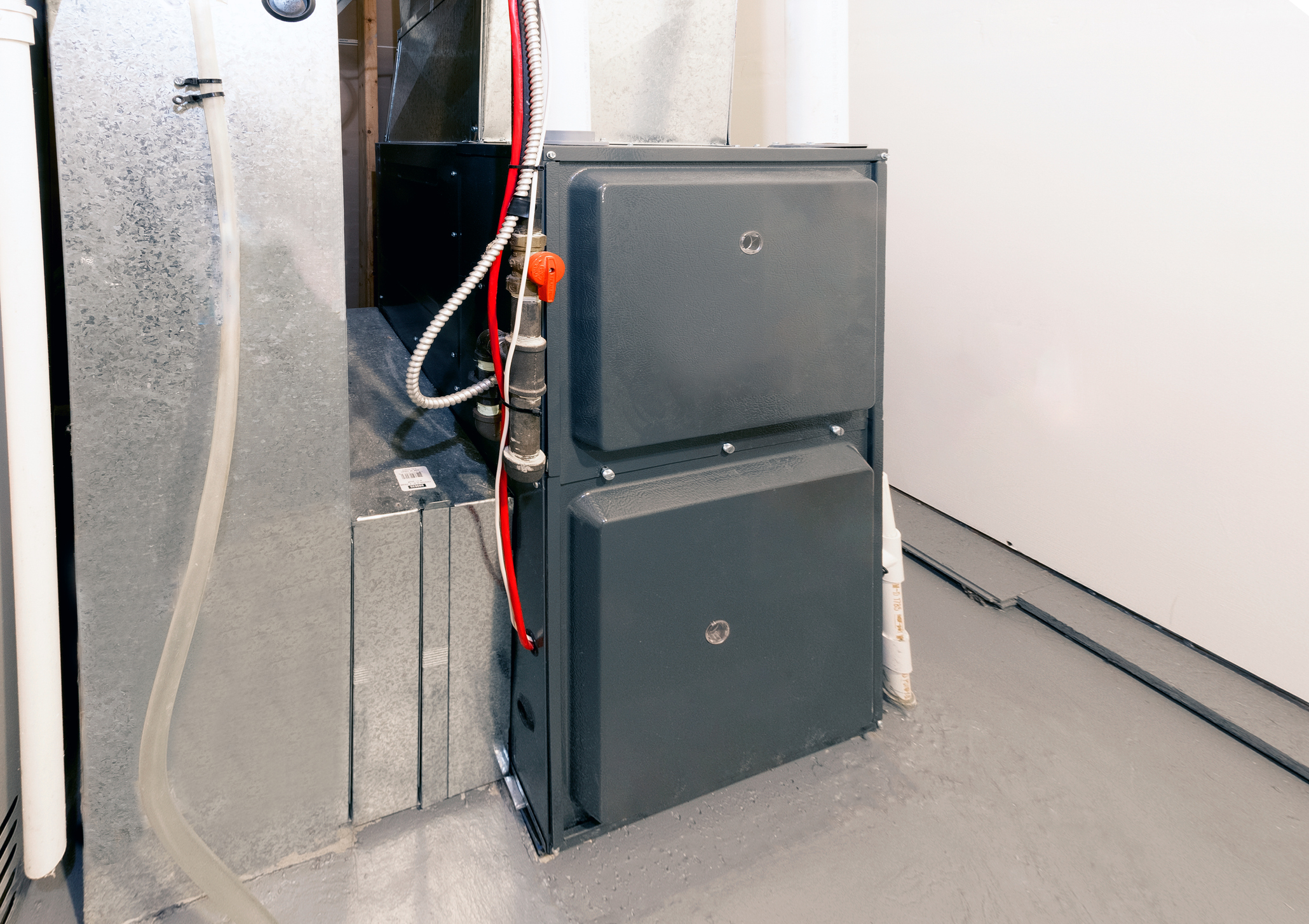
If you’ve lived through a South Bend cold snap, you know there’s nothing more comforting than a furnace that fires right up. That’s why Charlene S., a local homeowner, took the time to share her experience with Great Lakes Heating and Air Conditioning. Her shout-out goes to Shawn, one of our technicians, who arrived promptly, listened carefully, and got right to work. In minutes, Shawn pinpointed a hidden culprit: stink bugs clogging a small hose inside the furnace. A careful cleaning later, warm air was flowing again—and Charlene was all smiles about the fast, knowledgeable service.
What happened during the service call
- The symptoms: inconsistent heat and a furnace that wouldn’t stay on.
- The inspection: Shawn checked the essentials—airflow, ignition, and safety sensors—then traced the issue to a small, critical hose.
- The fix: he found and removed several stink bugs lodged inside, restored the hose’s airflow, and tested the system to ensure reliable, safe operation.
- The result: steady heat, satisfied homeowner, and a simple solution that prevented a bigger problem.
How bugs can shut down your heat
It sounds surprising, but tiny pests can cause outsized headaches for HVAC systems:
Clogs in small hoses: Furnaces rely on narrow hoses to sense pressure and manage airflow or drainage. Insects like stink bugs can block these pathways, leading to shutoffs, short cycling, or error codes.
Blocked vents or intakes: Bugs and debris can collect at outdoor terminations, reducing airflow and stressing the system.
Moisture trouble: Earwigs are drawn to damp areas and can gather around condensate drains, creating slow clogs or backups that affect furnace performance and safety features.
Why it’s common around South Bend
Our region’s unique mix of seasons and surroundings makes pest-related HVAC issues more likely:
Seasonal migrations: As temperatures drop in fall, invasive stink bugs look for warmth and shelter, sneaking into wall cavities, utility chases, and mechanical rooms.
Moisture and river influence: Humidity around the St. Joseph River basin and frequent freeze-thaw cycles create perfect conditions for earwigs and other moisture-seeking pests.
Older homes and additions: Gaps around utility penetrations, siding, and foundations form easy entry points, especially where furnaces and air handlers sit in basements or garages.
Agricultural proximity: Fields and landscaping can increase local pest populations that wander into structures as the weather changes.
Simple steps to keep pests out of your HVAC
A few preventive measures go a long way—especially before peak heating and cooling seasons:
Seal the gaps: Caulk and weather-strip around utility lines, vents, and foundation cracks to block entry points.
Keep the area tidy: Clear leaves, webs, and debris around outdoor intakes and exhausts. If you use screens, have a professional install code-compliant guards that won’t restrict airflow.
Schedule seasonal tune-ups: Pro maintenance catches small issues—like a partially clogged hose—before they become no-heat emergencies.
Manage moisture: Use dehumidifiers where needed and keep condensate drains and pans clean to discourage earwigs and other insects.
Change filters on time: Proper airflow reduces stress on sensors and helps the furnace run smoothly even when outdoor conditions aren’t perfect.
Why neighbors trust Great Lakes Heating and Air Conditioning
Great Lakes Heating and Air Conditioning is locally owned and operated, and that matters when you’re troubleshooting real-world issues in South Bend homes. We know the quirks that come with lake-effect weather, older basements, and yes—“stink bug season.” Our technicians are trained to find the fastest, most effective solution without guesswork, and we communicate clearly so you know exactly what’s going on and why.
Shawn’s visit to Charlene’s home is a perfect example: show up on time, diagnose precisely, fix what’s needed, and verify safe, steady heat before we pack up. It’s the kind of service you can expect when your HVAC company lives and works in the same community you do.
Signs your system may have a pest-related issue
- Furnace starts then stops (short cycling)
- Odd smells or clicking sounds
- Error codes related to pressure or flame sensors
- Water around the furnace from a slow drain
- Weaker airflow than usual
If you notice any of these, don’t open panels or attempt repairs—many components are safety-critical. A quick professional check can save time, money, and frustration.
Schedule service with a local expert who knows South Bend
If your furnace or AC isn’t acting right, it might be something simple—like Charlene’s clogged hose. Let a local pro who understands our region’s unique HVAC challenges take a look. Contact Great Lakes Heating and Air Conditioning today to schedule your service, and get fast, effective help from a team that treats your home like a neighbor’s. Call us or book online to get started.

